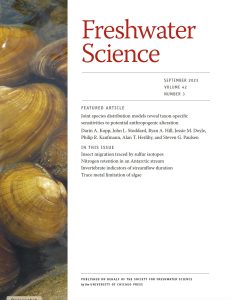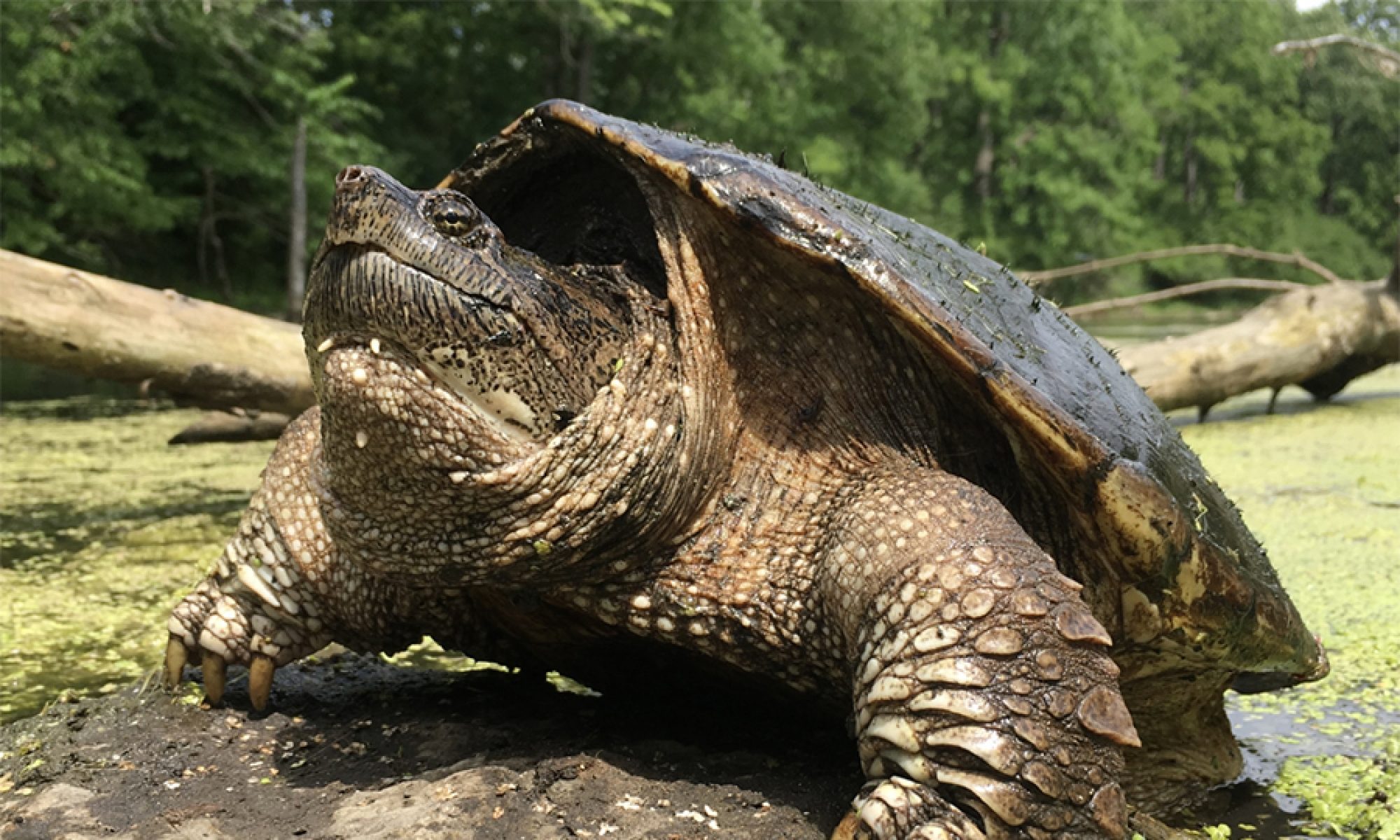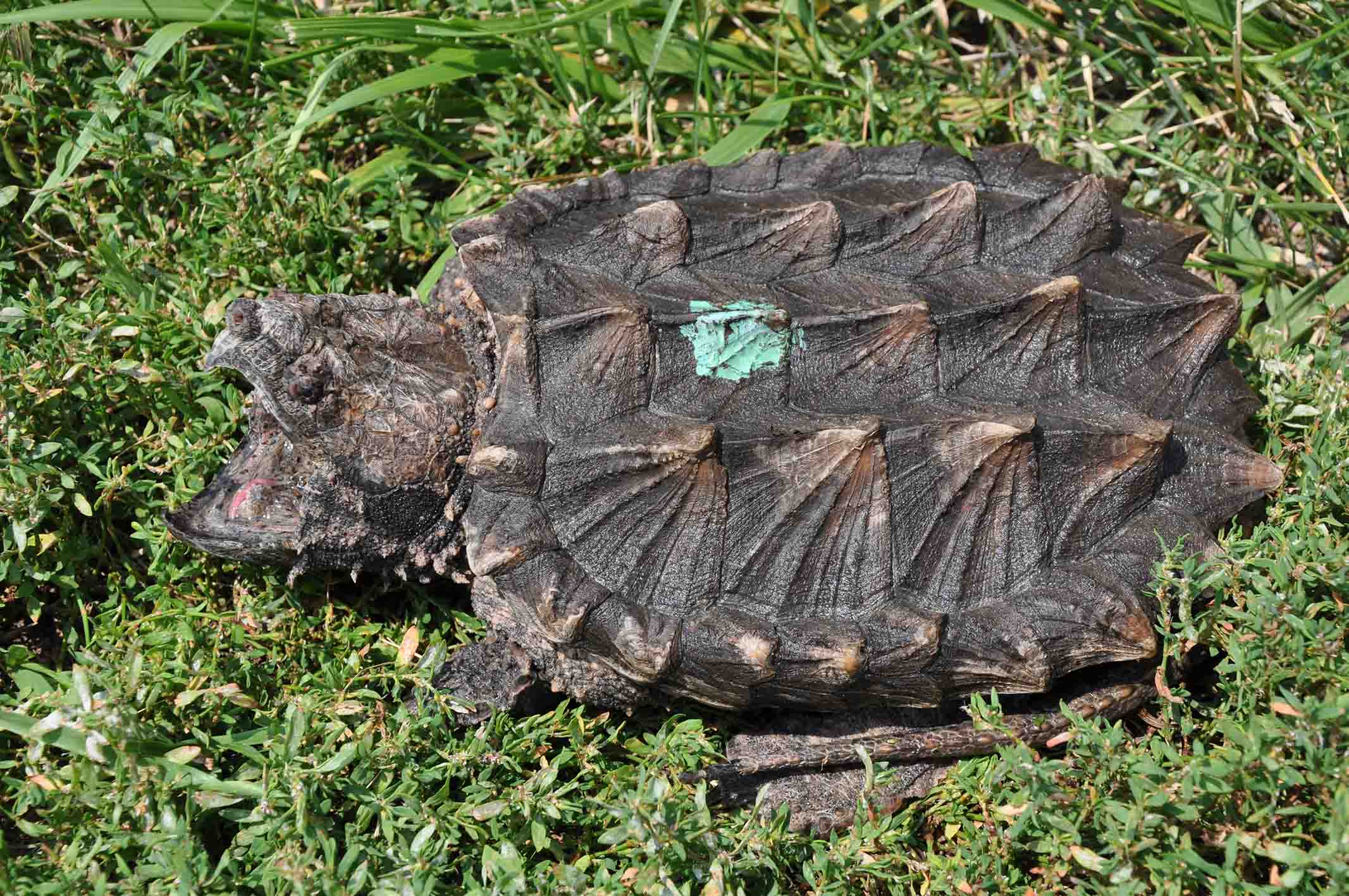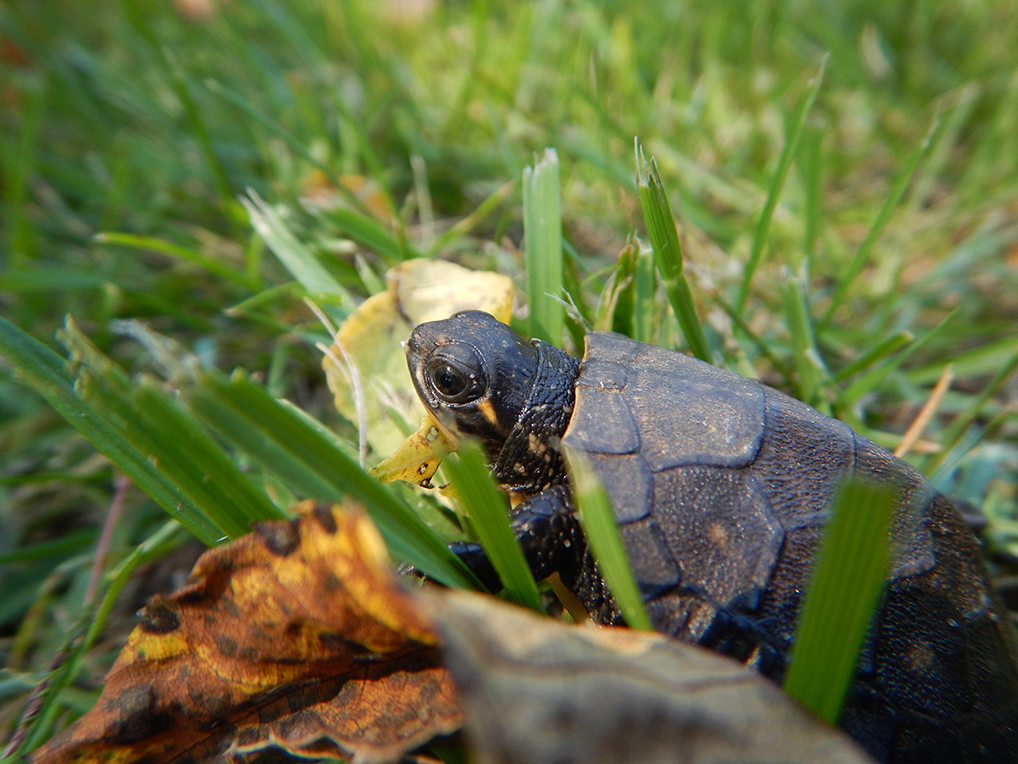 INHS PaCE Lab’s aquatic ecologist, Hugo Ruellen is lead author on a recent publication stemming from his M.Sc. research on freshwater mussels: “Predicting suitable habitat for surrogate species of critically imperiled freshwater mussels to aid in translocations.”
INHS PaCE Lab’s aquatic ecologist, Hugo Ruellen is lead author on a recent publication stemming from his M.Sc. research on freshwater mussels: “Predicting suitable habitat for surrogate species of critically imperiled freshwater mussels to aid in translocations.”
Mussel translocations have been used to mitigate the impacts of in-stream construction projects, including bridge replacements. This work developed a model to predict suitable habitat for mussels. “Knowing where and how much suitable habitat is present in rivers is essential to the conservation and long-term persistence of endangered freshwater mussel species, and habitat suitability models such as these are important tools for achieving these goals.”
Ruellan, Hugo Y., Kirk W. Stodola, Alison P. Stodola, and Jeremy S. Tiemann. 2023. Predicting suitable habitat for surrogate species of critically imperiled freshwater mussels to aid in translocations. Freshwater Science 42(3): 296-314. https://doi.org/10.1086/726740


